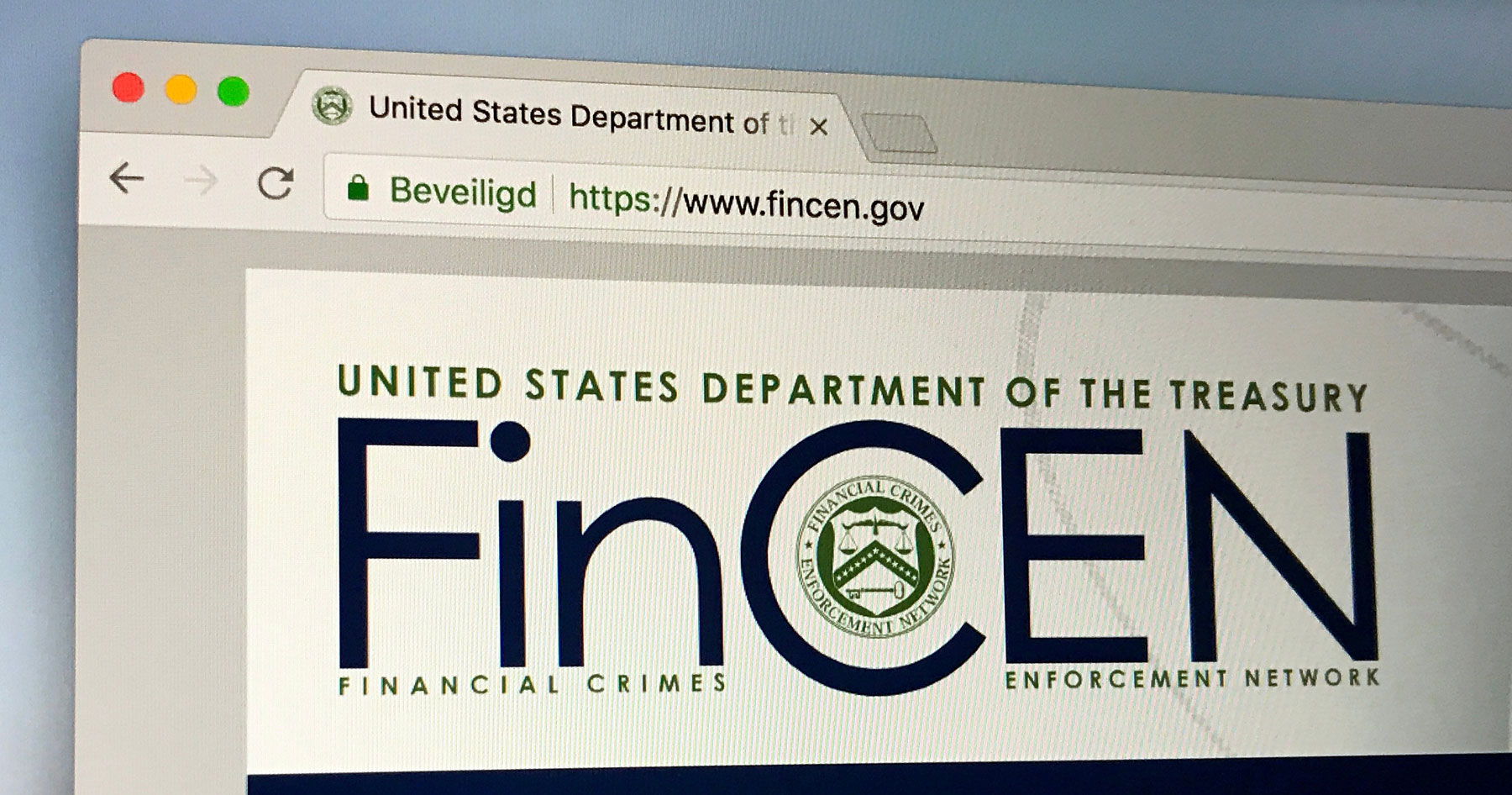In an unexpected decision on March 1, 2024, a federal district court ruled that the Corporate Transparency Act (“CTA”) is unconstitutional, effectively placing the Beneficial Ownership Information (BOI) reporting on hold.
Background
The CTA was enacted on January 1, 2021, as part of the 2021 National Defense Authorization Act as an attempt to prevent money laundering and tax evasion by requiring new reporting for certain companies doing business in the U.S. The effective date was delayed until January 1, 2024, while final Regulations were being developed.
The purpose of the CTA is to establish reporting requirements for a wide range of business entities and to authorize the Financial Crimes Enforcement Network of the U.S. Department of Treasury (“FINCEN”) to maintain a data base of all information provided and to disclose such information to government authorities and certain financial institutions. In order to accomplish this, the CTA requires a wide range of business entities to report personal information regarding the individuals who own, control or organize covered entities to FINCEN starting January 1, 2024.
PLDO has been covering the CTA since it was first passed by Congress, publishing Client Advisories that explain the Act’s reporting requirements, including who qualifies as “Beneficial Owners” and “Company Applicants,” filing deadlines, and who has access to FINCEN’s database. To access the last Advisory, click here.
Ruling
In November 2022, the National Small Business Association (SBA; plaintiffs) filed suit against the U.S. Treasury Department (National Small Business United et al v. Yellen et al, Case Number:5:22-cv-1448-LCB) to block the requirement that tens of millions of small businesses register with the government alleging the mandatory disclosure requirements exceed Congress’ authority under Article I of the Constitution and violate the First, Fourth, Fifth, Ninth, and Tenth Amendments. The lobbying group argued that the reporting rule “is unduly burdensome on small firms, violates privacy and free-speech protections and infringes on states’ powers to govern businesses.”
The U.S. District Court judge in Alabama sided with the SBA and ruled on March 1, 2024, that the CTA is unconstitutional because it “exceeds the Constitution’s limits on the legislative branch” and fails the “necessary and proper” test.
What’s Next?
In all likelihood, the Court’s decision will not be the end of the matter for the following reasons:
- The U.S. government is likely to appeal this decision to the U.S. Court of Appeals for the Eleventh Circuit, and may seek an interim stay of the ruling from both the trial and appellate courts;
- FinCEN may offer comments about the impact of the ruling on CTA implementation and enforcement in the coming days; and
- It is possible that this ruling will lead to additional suits in other districts.
As the injunction only applies to enforcement of the CTA against the plaintiffs, other reporting companies (who are not plaintiffs in this case) are still bound by the CTA and should continue to comply unless exempt until further notice.
Summary
For the time being, this Court’s decision leaves the CTA and BOI landscape in limbo. PLDO will continue to monitor all developments. In the meantime, if you have questions or would like further information about the CTA, please contact PLDO Partner William F. Miller at 508-420-7159 or email wmiller@pldolaw.com.


